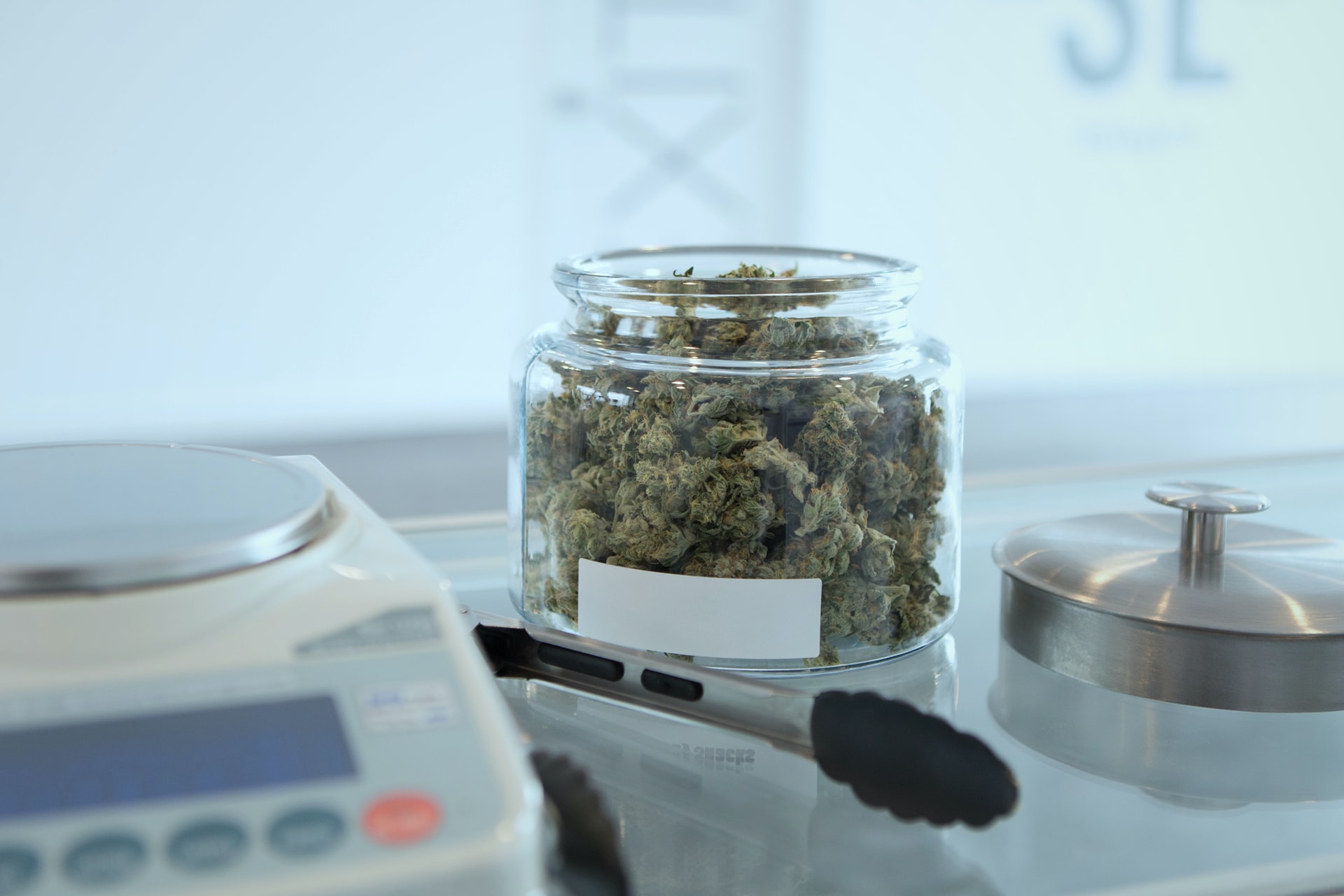News
7-day ops yield P21-M illegal drugs

The marijuana eradication operations conducted in the mountainous areas of Tinglayan, Kalinga, highlighted this month’s simultaneous operations with the destruction of PHP10 million worth of fully grown marijuana plants. (File Photo: Add Weed/Unsplash)
MANILA – Operatives of the Philippine National Police-Drug Enforcement Group (PDEG) confiscated over PHP21 million worth of illegal drugs as a result of simultaneous anti-criminality law enforcement operations (SACLEO) from Nov. 21 to 27.
In a statement Monday, PDEG chief Brig. Gen. Narciso Domingo said the PDEG conducted 45 law enforcement operations comprising 12 buy-busts, 30 operations for serving arrest warrants, two search warrant operations, and three marijuana eradication operations, which resulted in the arrest of 46 suspects.
He said the operations led to the seizure of 613.10 grams of shabu, 10 grams of marijuana dried leaves, five grams of kush marijuana and 84,500 pieces of marijuana plants, with an estimated street value of PHP 21,077,780.
The marijuana eradication operations conducted in the mountainous areas of Tinglayan, Kalinga, highlighted this month’s simultaneous operations with the destruction of PHP10 million worth of fully grown marijuana plants.
“Now, that everything slowly going back to normal and we are slowly getting out from the nightmares of the coronavirus pandemic, PNP DEG remains vigilant on monitoring drug suspects/targets who continuously have drug transactions concealing through different modus operandi,” Domingo said in a statement.
Domingo ordered the PDEG to collaborate with the local government units with their respective local chief executives to spray chemicals on said sites so that the seedlings on the ground will no longer grow and develop.
The PDEG chief has committed to sustaining all-out operations nationwide in compliance with the PNP’s branding “M+K+K=K” or “Malasakit, Kaayusan, Kapayapaan equals Kaunlaran”, which aspires to address the external and internal issues of the organization.
“Kaugnay ng programang, Buhay Ingatan, Droga’y Ayawan (BIDA) ni Interior Secretary Benhur Abalos at ang MKK=K (Malasakit, Kaayusan, at Kapayapaan= Kaunlaran ng atin Chief PNP, ang bawat miyembro ng PDEG ay patuloy na magmamalasakit sa kapakanan ng bawat mamamayan upang ang kaayusan at kapayapaan tungo sa kaunlaran ng ating bansa pagdating sa usaping iligal na droga ay tuluyan ng makamtan (Each member of PDEG will continue to care for the welfare of each citizen so that order and peace towards the development of our country when it comes to the issue to eliminate the illegal drugs),” Domingo said.
In a press briefing on Monday, PNP officer-in-charge Lt. Gen. Rhodel Sermonia said the government’s anti-drug campaign has resulted in a decline in the number of drug laboratories being dismantled in the country.
“Unlike before, we do not see so many drug laboratories anymore. We used to seize tons of chemicals used in drug manufacturing. Now, we only dismantle small ones. This is a manifestation that they are now getting weaker. Some are just small-time and we cannot even call them laboratories. It only goes to show that the current administration is doing good,” Sermonia said in mixed English and Filipino, on the sidelines of the launch of the new anti-drug campaign “Buhay Ingatan, Droga’y Ayawan” (BIDA) at the PNP headquarters at Camp Crame.
Sermonia, however, admitted that while casualties cannot be avoided in the anti-drug campaign, the government continues to uphold the protection of human rights and that the police have the right to defend themselves when in danger.
He added that the BIDA program also includes providing livelihood opportunities for drug surrenderers.
“The BIDA strategy, being a whole of nation approach, also includes kills and development program. When we say skills and development program or training, they have to learn something to make a living or to work on, of course through the help of TESDA (Technical Education and Skills Development Authority). The DTI (Department of Trade and Industry) and DOLE (Department of Labor and Employment) will also come in so we will know what industries can give them jobs,” he added.
The BIDA program is a nationwide anti-illegal drugs advocacy involving local government units, national government agencies, and other key sectors of society that will focus more on drug demand reduction and rehabilitation in the communities coupled with arrests.





















